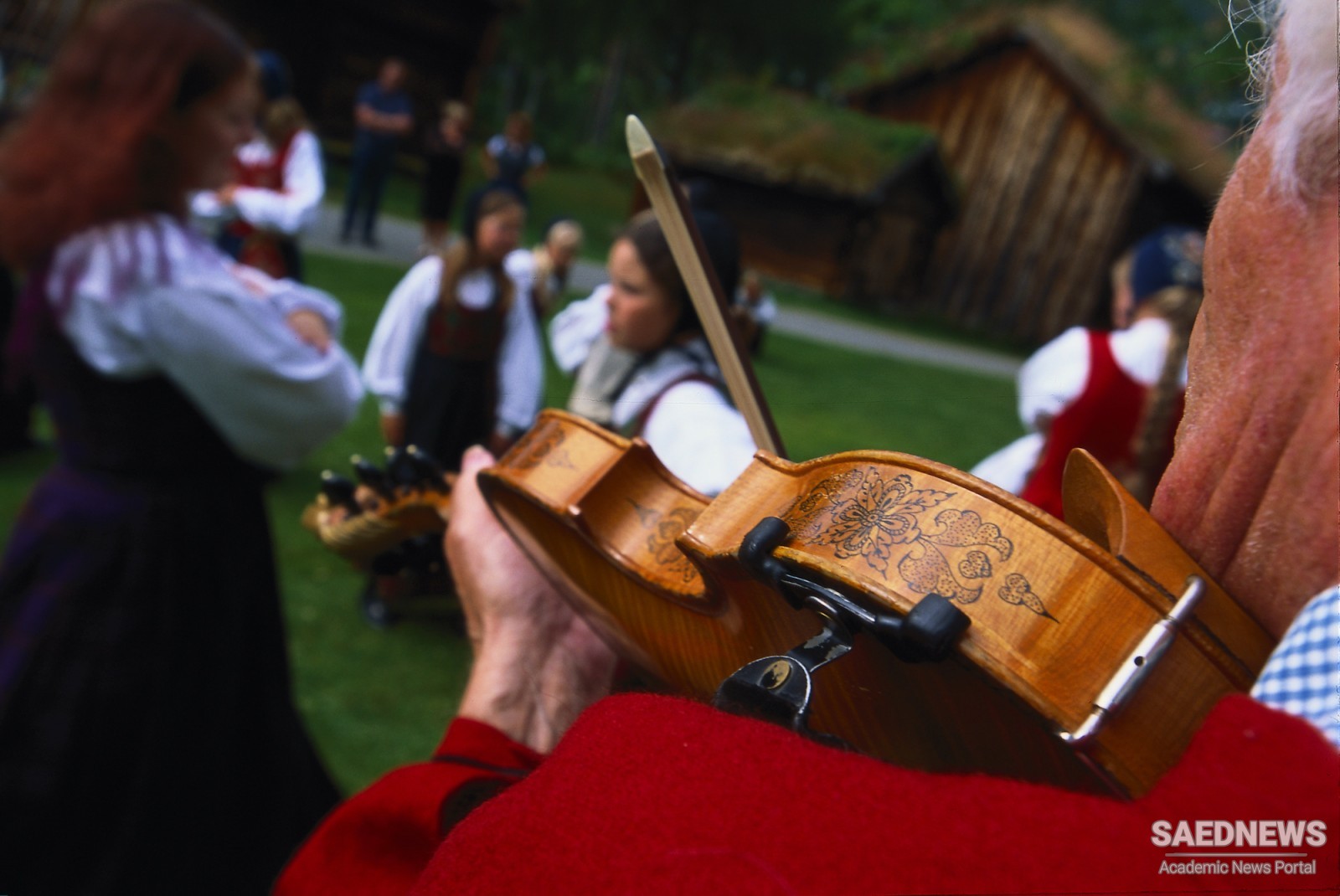In many places, people such as shepherds, with long stretches of time to kill, can make and play local instruments, lending a certain democracy to the literal “playing field.” Kids might simply watch people pluck, strum, blow, or drum, and pick it up through imitation. Farther down the spectrum come more specialized musicians. As soon as someone takes a payment from a neighbor to play for an event, he (and it is very often men, not women) becomes something of a professional. Instrumentalists can form an elite corps in many settings, both rural and urban. This is because to play, you have to both get and master an instrument, which involves an expenditure of money, time, and energy that only a few can gather. In the Afghan situation, part of the problem was simply scaring up a lute, even when you find a musician willing to play. It is a luxury item in a cash-poor economy. Sometimes, as in the case of Roma (Gypsy) musicians in Europe, the solution is to identify hereditary musician-families who fi ll the role of folk entertainer more easily than the local majority population can. This could have to do with a widespread feeling scattered across the globe that musicians are a shifty, shady lot, perhaps because they don’t do the settled work of agriculture: they may move around and aren’t tied into the local linkages of kin and clan. Or, like the Roma and their counterparts in many lands, distrust may arise from being members of offbeat and suspicious social formations. In eastern Europe, this made the Roma useful for country celebrations, since they were in some sense “neuter”—not part of the charged social or sexual politics that surround events like weddings.


 Folk Music, Timbre and Intensity
Folk Music, Timbre and Intensity














































